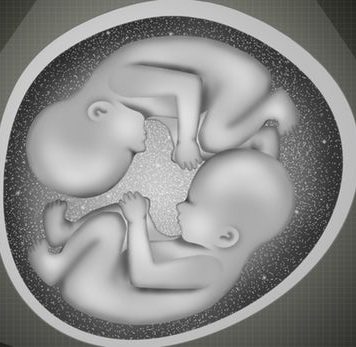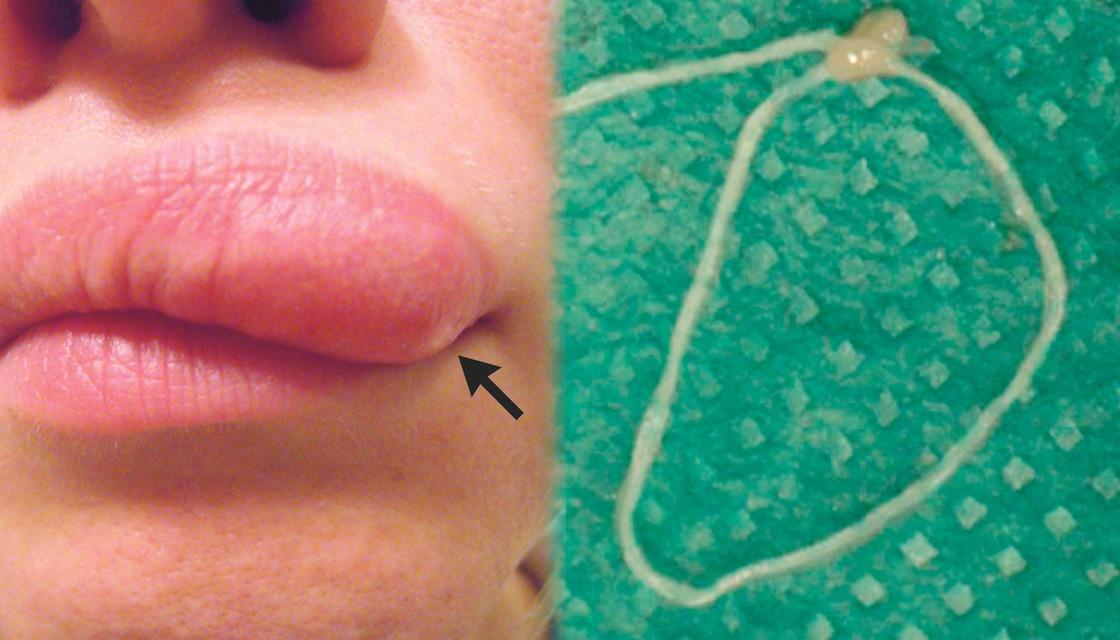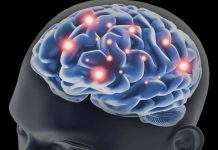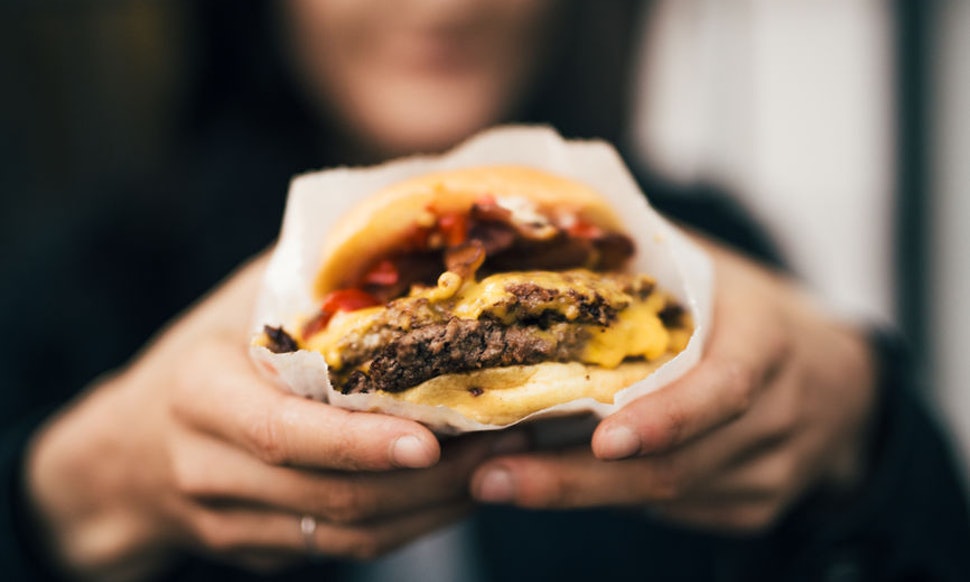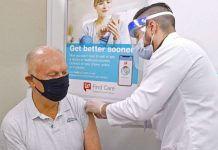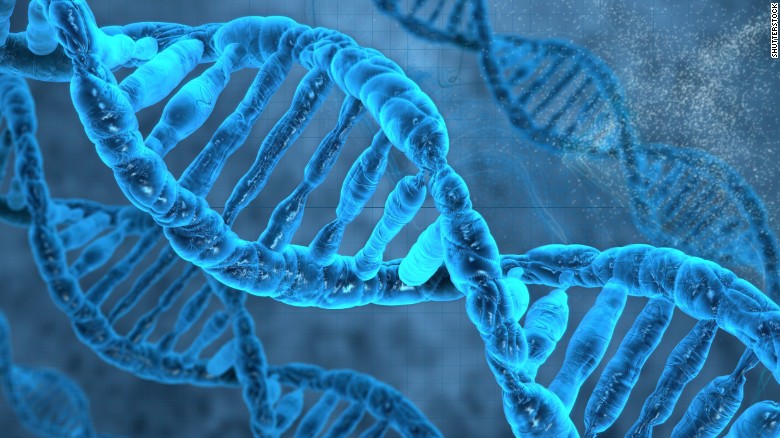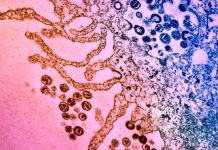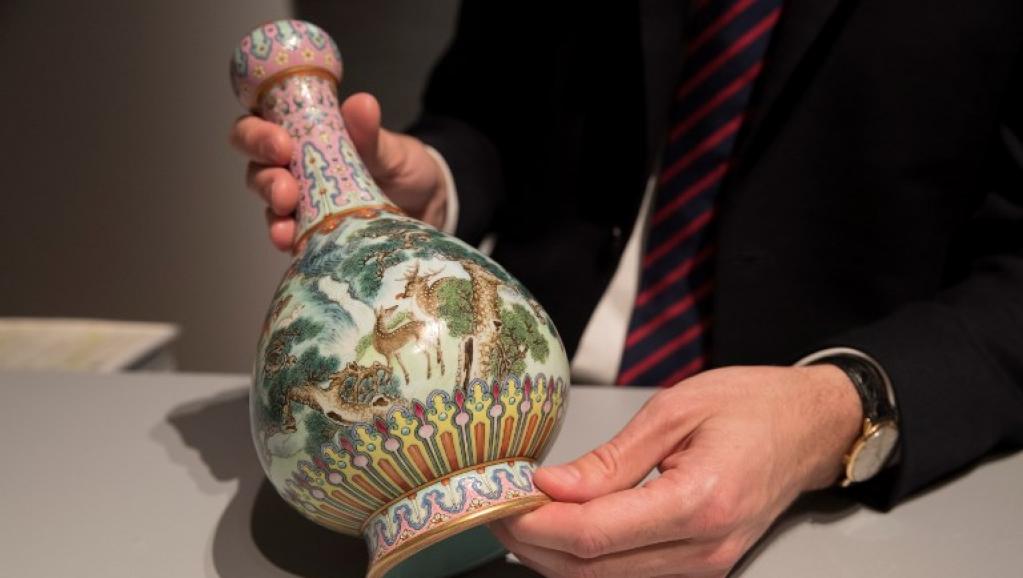Scientists confirm: Yes, there is pee in your public swimming pool
Scientists used an artificial sweetener found in urine to measure how much pee is in swimming pool water.
A scientific study of swimming pools and...
Lump was a worm? Lump on Woman’s Face Turns Out to Have Living Thing...
Lump was a worm? If you saw a mysterious lump on your face move, how long would it take you to get it looked...
Researchers say women are naturally fitter than men
Women are naturally fitter than men, new research reveals.
Scientists at the University of Waterloo in Canada have found that women are able to draw...
Restoring Memory Function In Familial Alzheimer’s May Be Possible (Study)
Research published today (Jan. 22) in the journal Brain reveals a new approach to Alzheimer’s disease (AD) that may eventually make it possible to...
Poor Eating Affects Mood, Says New Study
It seems “hangry” isn’t just a made-up term.
University of Guelph researchers have revealed that the sudden drop in glucose we experience when we are...
Dillons COVID vaccine registration: residents can book their vaccine appointment online
With more doses of COVID-19 vaccines in Kansas, there are more places to get the shot. Currently, there are more than 20 Dillons Pharmacies...
CRISPR is a world-changing technology, study shows
A popular gene-editing technique called CRISPR–Cas9 has been adapted to bind to and track RNA in living cells.
Medical science may have just taken a...
Antibiotic molecule enables immune system to kill HIV infected cells, Researchers Say
Ever since the first cases of a mysterious disease in the early 1980s exploded into the HIV/AIDS pandemic, researchers have been searching for ways...
Pregnancy length could alter the child’s DNA (Study)
Researchers from Karolinska Institutet in Sweden have together with an international team mapped the relationship between length of pregnancy and chemical DNA changes in...
Obesity, Cancer, and Smoking: It’s Complicated
Obesity could overtake smoking in cancer death risk - says new study.
Nearly 40 per cent of all cancers diagnosed in the UK every year...



